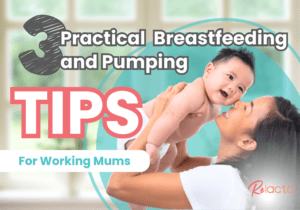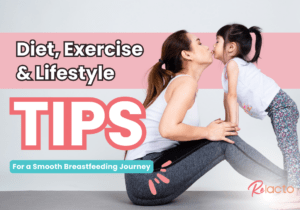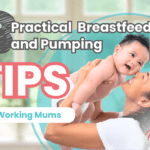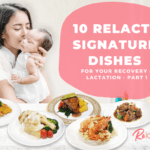5 Foods That Reduce Your Risk of Postpartum Depression
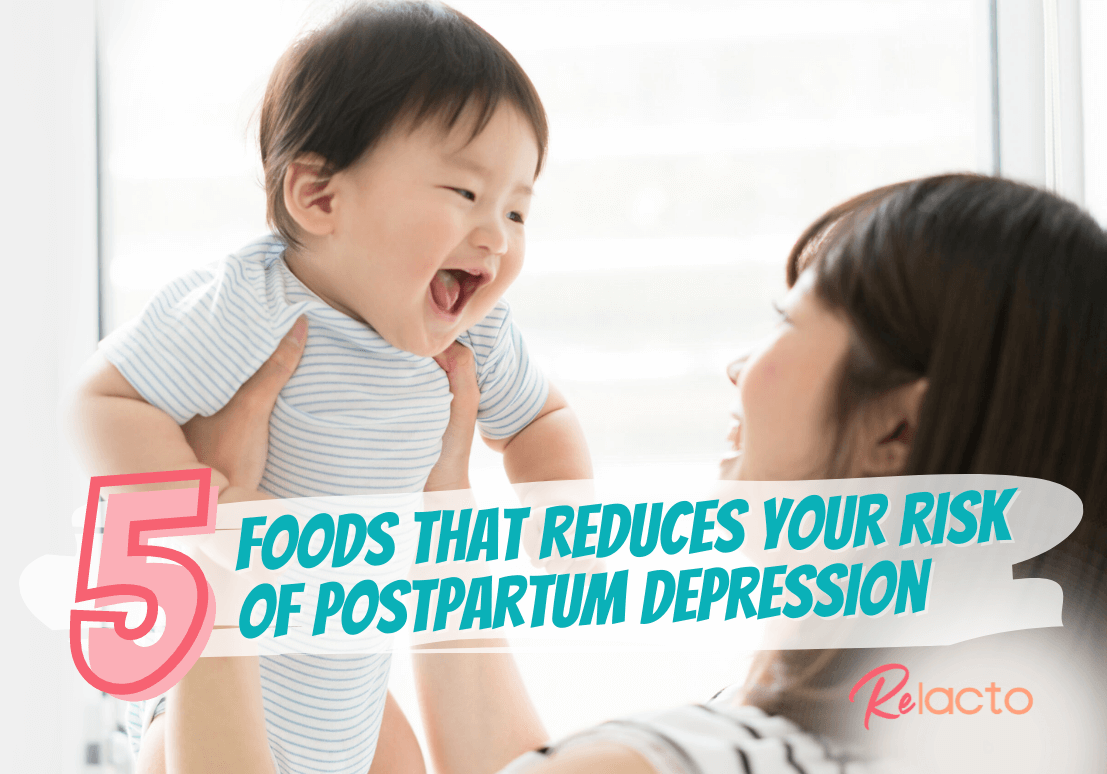
Postpartum depression can be life-changing. It has such a huge effect on mothers that it is all they can do to keep themselves from falling apart. But what exactly is postpartum depression? Why does it happen, and what are the symptoms? What, then, can we do to reduce our risk of it?
Postpartum Depression and Its Symptoms
When someone is said to have postpartum depression, it means that she is experiencing physical, emotional, and behavioural changes linked to childbirth. Although typically it is developed within a few weeks of childbirth, it can happen early during pregnancy or later.
Often confused for baby blues, postpartum depression has a bigger effect on women than the former. The difference between these two is that while baby blues last from a few days to a couple of weeks, postpartum depression can last up to a year, with the latter exhibiting more intense symptoms. And in some extreme cases, women can develop postpartum psychosis, which can be life-threatening.
Some symptoms of postpartum depression include:-
- Excessive crying
- Severe mood swings
- Withdrawal from family and friends
- Difficulty bonding with your newborn
- Inability to sleep
- Loss of appetite
- Hopelessness
- Restlessness
- Feelings of inadequacy and worthlessness
- Severe anxiety
- Panic attacks
- Recurring thoughts of death
- Extreme irritability
- Loss of interest in activities or hobbies
- Loss of energy
- Diminished ability to concentrate
- Sleeping too much
How to Treat Postpartum Depression
There is no one way to treat postpartum depression as it hits women differently in terms of intensity, emotions, and so many more factors, just like any mental illness. Hence, no two people’s experience with postpartum depression is going to be the same or take the same type of treatment to heal. However, there are some treatments or methods that are commonly applied, whether alone or a combination:-
- Having one or more support groups
- Undergoing psychotherapy (a form of behavioural therapy)
- Taking medication
- Counselling
- Nutrition therapy
Relationship Between Nutrition and Postpartum Depression
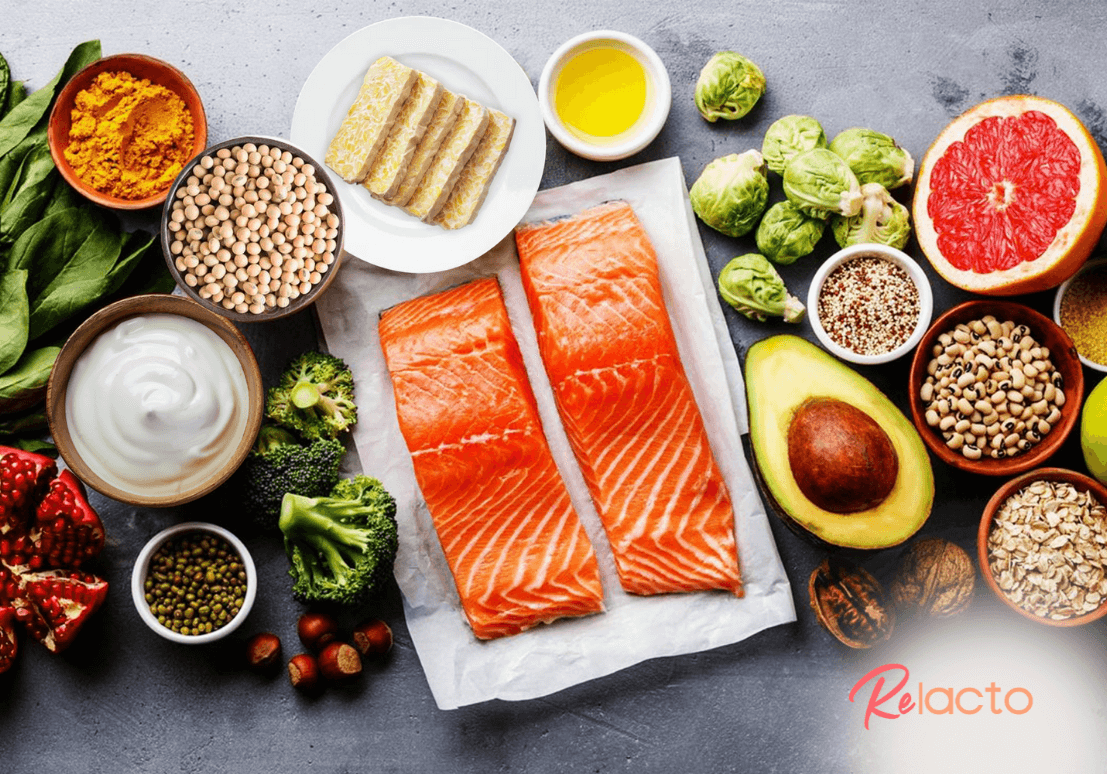
It might seem peculiar for nutrition to be associated with postpartum depression, but it actually plays a huge role. In fact, studies have been done on the link between nutrition and perinatal depression and how a lack in specific nutrients increases the risk of postpartum depression, and have yielded positive results.
When you’ve got a good and balanced diet that supports your physical and emotional health, you’re one step ahead at tackling and preventing postpartum depression. However, it is sometimes difficult to maintain a good diet when your body has just undergone a big change, and it can even pose a challenge. So, it is a good idea to take a step back and evaluate your food to see what you may be lacking.
Here are 5 foods that may be of help to counter your nutrient deficiency while also reducing your risk of postpartum depression.
1. Salmon
Fatty acids support the brain development of your baby while also supporting your brain health and overall mood. As the amount of fatty acids in your diet affects the amount of it in your breast milk too, foods with omega 3 fatty acids such as DHA (docosahexaenoic acid) are a great addition to your diet, like salmon, a fattier fish.
2. Olive Oil
Olive oil has been heavily researched for years. Research have found that olive oil which is rich in monounsaturated fat helps to encourage good gut bacteria to thrive, subsequently helps to build better gut health. Since the gut and brain are interlinked, good gut health would in turn promote lesser inflammation in the brain and lower risk of depression. Thus, inevitably, incorporating olive oil into our meals is always a good idea!
3. Wholegrains
Wholegrains are said to give you an energy boost and also elevate serotonin levels which stabilises mood. In addition, they contain a lot of fibre, iron, and other nutrients that are good for gut health, blood sugar levels, and brain health too.
4. Probiotics
Probiotics have been found to have a positive impact on mental health aside from gut health. So, increasing your intake of probiotics could give you a healthier gut and brain, and you can get them from fermented food like yoghurt which gives you vitamin D and protein as well.
5. Vegetables and fruits
Knowing how nutrition can have a massive impact on our health in general is a good reason to reconsider your diet. Upping your fruit and vegetable intake and reducing processed foods in your diet can do wonders. Not only are the fruits and vegetables full of nutrients like antioxidants, minerals, and vitamins, all of which are vital for gut health and brain health, they are also very good for hydrating.
On a side note, let us take your attention to our breastfeeding meal plan here at ReLacto. With a breastfeeding meal plan, you get the best foods for lactation such as fenugreek, fennel, ginger, garlic, papaya, and many more. Not only are they foods that promote lactation, but they are also nutritious for nursing mothers as well. What a way to kill two birds with one stone! To learn more about the meal plans, head on over to check out our breastfeeding meal plan in the form of different flexible packages.

